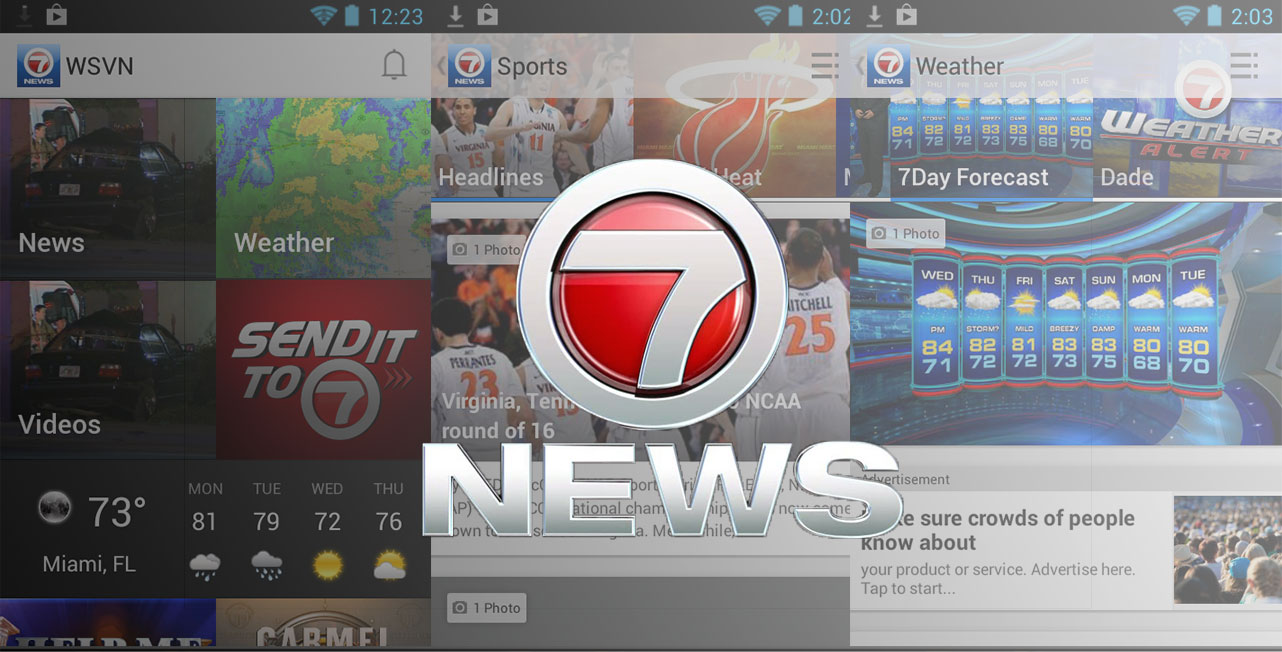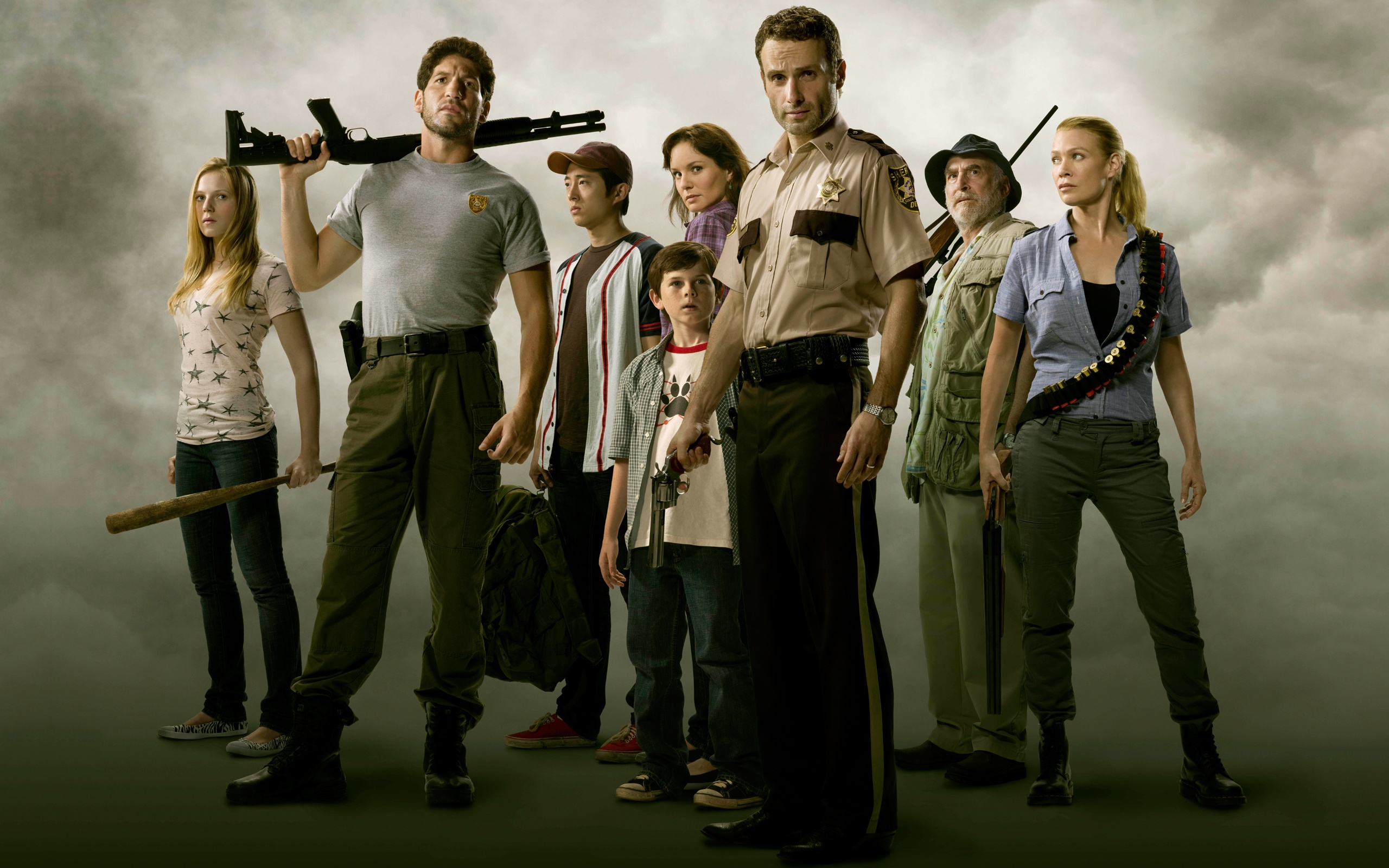The latest RTDNA article from former WFOR investigative reporter Al Sunshine takes on very important issue – workplace hazard for journalists, and even newsroom employees in general who spend their days toiling away in the newsroom.
Mold in the newsroom? Sure it happens. Excessive UV, and potentially damaging, radiation from HMI lighting? Just ask NBC national correspondent Kerry Sanders who lost his vision for two days because his corneas were burnt by the HMI lighting he was in front of for ten hours.
I’ve worked in newsrooms contaminated by toxic mold. I’ve seen co-workers rushed to the ER after being sickened by carbon monoxide in live trucks. I’ve seen crews rushed to the hospital after nearby lightning strikes. I’ve been asked by my news director to take electromagnetic field readings around the TV station for stories on the debate over EMF health hazards, only to be later told by station management to immediately stop taking readings and never bring the meter back into the building. Of course, I found EMF levels inside some parts of the station were higher than expected, but that part of the story never made it on the air.
And then there’s the concern about electromagnetic field levels (EMF) inside newsrooms. With all of the technology employees are surrounded by like computers and broadcast equipment that radiates everything and everyone 24/7 there is some concern that so much EMF exposure all the time could have adverse health effects.
You’d think TV stations, which often air stories from concerned viewers about workplace safety like mold, would take care of issues at home but as it turns out they are just like any other business, and aren’t above keeping things hushed when their employees aren’t vocal.
It’s worth checking out, those of you out there just starting in the TV business should take the advise of longtime photojournalist Dennis Gaffney quoted in the article – if you have a lighting or safety issue speak up and don’t risk your health.
And if no one is listening and you feel safe, let us know by contacting us. Or contact the US Department of Labor’s Occupational Safety and Health Administration
RTDNA: Shining a light on workplace safety
If you have a work-related complaint: OSHA’s complaint site

